Türkiye is pushing Russia to extend the Black Sea Grain Initiative (BSGI) and sees reviving the now-lapsed Russia-Ukraine grain deal as a top priority for Ankara.
The Eurasian transcontinental country – and one of NATO’s Black Sea members – is trying to “revive” the agreement in the hope of getting better prices for agricultural imports and strengthening its image on the international stage.
Diplomatic efforts
During his first visit to Ukraine as Turkish Foreign Minister, Hakan Fidan said on August 25 that there is no viable alternative to the Black Sea Grains Initiative and that extending the agreement is Türkiye's top priority.
Ukrainian Foreign Minister Dmytro Kuleba said Kiev was studying alternative routes, but also affirmed that restoring the Black Sea grain corridor was the optimal solution.
Earlier, Türkiye's state news agency quoted diplomatic sources as saying that President Recep Tayyip Erdogan had said that his top diplomat, Fidan, could also travel to Moscow to discuss the deal directly with Russia.
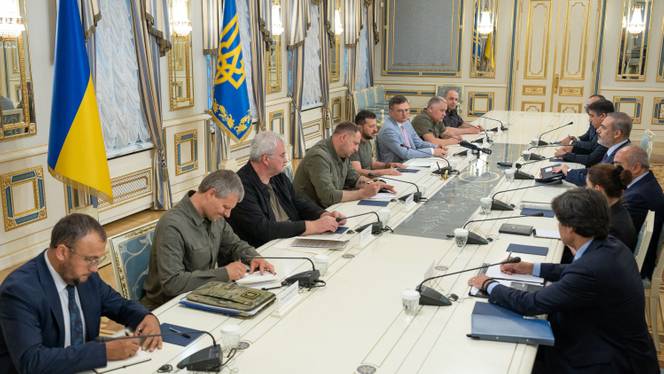
Turkish Foreign Minister Hakan Fidan meets with Ukrainian President Volodymyr Zelenskyy during a visit to Kiev, August 25, 2023. Mr. Fidan is also expected to travel to Moscow to discuss the Black Sea grain deal. Photo: TRT World
There are also reports that the Turkish president may travel to Russia to discuss the issue. The state news agency TASS quoted a Russian government spokesman as saying that a meeting between President Vladimir Putin and Erdogan is being prepared and will take place “soon.”
TASS also quoted a Turkish government source as saying that talks between the two leaders could be held in Russia's famous Black Sea resort of Sochi on September 4.
The Black Sea Grain Initiative is one of the few diplomatic achievements in the war that has been raging since Russia invaded Ukraine in February 2022.
With the war halting grain exports from both Russia and Ukraine – two of the world’s largest grain exporters – and threatening widespread food shortages in vulnerable countries, the United Nations (UN) and Türkiye brokered the Black Sea Grains Initiative,
Under the deal, Russia allows ships carrying grain and other foodstuffs leaving Ukraine's Black Sea ports to safely pass through Türkiye's Bosphorus Strait.
By mid-July 2023, more than 1,000 ships had successfully departed Ukrainian ports, delivering nearly 33 million tons of grain and other food products to 45 countries. That month, however, Russia refused to extend the agreement unless its demands were met. It has been more than a month since the agreement expired.
Consolidate position
Türkiye could get better prices for agricultural products from Russia and Ukraine if it succeeds in extending the deal, said Ozgur Unluhisarcikli, director of the Ankara office of the German Marshall Fund, a US think tank.
Türkiye itself has been in financial crisis for several years, with food and other commodity prices rising sharply, inflation soaring and the lira losing value.
Türkiye is also seeking to extend the deal because of the positive attention it received from its role as a mediator in previous negotiations, which helped the Eurasian nation project itself as a mediator on the global stage, Unluhisarcikli said.
“Türkiye will also increase its value, credibility and importance in the transatlantic community and this could be part of a broader picture in which Türkiye is trying to normalize relations with the US and the European Union (EU),” Unluhisarcikli said.
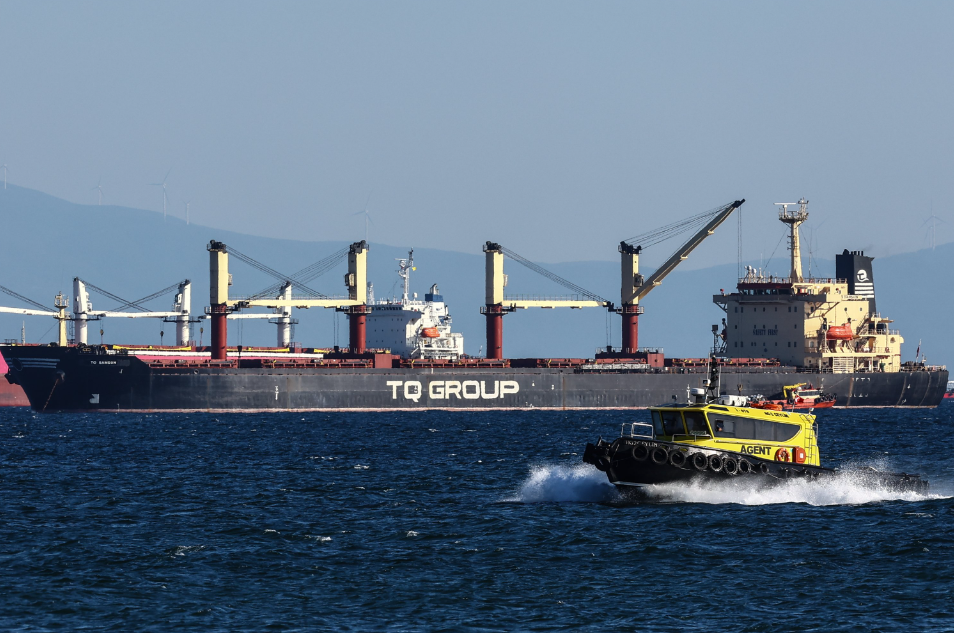
The Turkish-flagged ship China Samsunhe was the last grain ship to leave a Ukrainian port before the Black Sea grain deal collapsed. The ship is seen in the Sea of Marmara, Istanbul, July 18, 2023. Photo: Daily Sabah
However, he warned that reaching a new deal may not be possible for Türkiye given Russia's demands for concessions from the West.
In a phone call on August 2, Mr. Putin told Mr. Erdogan that Moscow was ready to return to the Black Sea grain deal as soon as the West met its obligations regarding Russian agricultural exports.
Russian grain and fertilizer exports are not subject to Western sanctions imposed on Moscow over its military actions in Ukraine. But Moscow says payment, logistics and insurance restrictions are preventing Russian goods from reaching international markets.
Russia and Türkiye have strengthened ties in recent years. Ankara has maintained ties with Moscow throughout the war in Ukraine and Mr Erdogan has often spoken by phone with Mr Putin, who bolstered the Turkish president’s re-election campaign by allowing Türkiye to delay gas payments.
Restructuring relationships
However, signs of a rift between Türkiye and Russia have recently emerged. On August 17, a Turkish-owned cargo ship was inspected by the Russian navy as it was quite close to the Turkish coast.
The Turkish government later said it had warned Russia to avoid similar incidents, escalating tensions in the Black Sea.
“There is definitely some restructuring in the Turkish-Russian relationship,” said Mr. Unluhisarcikli.
Kerim Has, a Moscow-based political analyst specializing in Russian-Turkish relations, agreed that getting better grain prices could be one of the incentives for Ankara to push ahead with efforts to revive the deal.
Creating a new deal is possible, but it would have to include some concessions from Western powers, partly because Russia does not want to be seen as giving in too easily, Kerim Has told The Media Line.
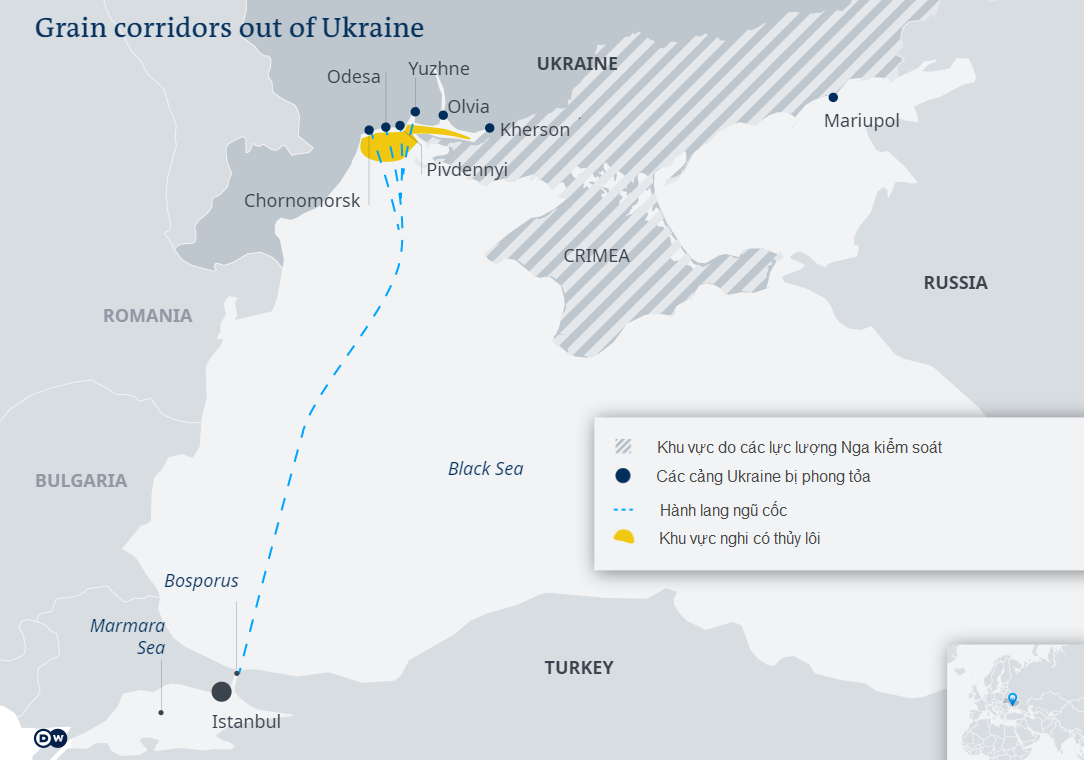
Map showing the Black Sea grain corridor that allowed Ukraine to safely ship grain and other food products to Türkiye and from there to world markets. The grain deal expired on July 17, 2023, after Russia suspended its participation. Graphics: DW
The expert believes that it is possible that Mr. Erdogan will propose using Türkiye as a transit country from which Russian grain is transported to other countries, and the West will consider accepting such an option.
“Erdogan has to find a new formula for the grain deal,” said Kerim Has. “If that happens, it will be based on the personal relationship between Putin and Erdogan.”
Part of the talks could include Türkiye agreeing to make payments on some of its gas debt to Russia, believed to be more than $20 billion, Kerim Has said.
Political analysts agree that bilateral tensions have increased, but Russia also wants to avoid escalation.
“In my opinion, Russia does not want any direct military confrontation with Türkiye or a NATO country or NATO in general in the Black Sea. Moscow itself is already in a difficult situation in Ukraine,” said Kerim Has.
Ukraine could send more grain via Romania, but that would be more expensive, he said.
Romanian leaders have previously said they hope to double the amount of Ukrainian grain exported through the EU and NATO member state's territory using road, rail and river routes as well as its Black Sea port.
On August 18, Romania and Ukraine signed an agreement to double Romania's grain exports from 2 million to 4 million tons per month. Romania said it believes it can ship 60 percent of Ukraine's grain exports to other countries .
Minh Duc (According to The Media Line, Reuters)
Source




![[Photo] Ministry of Defense sees off relief forces to the airport to Myanmar for mission](https://vstatic.vietnam.vn/vietnam/resource/IMAGE/2025/3/30/245629fab9d644fd909ecd67f1749123)



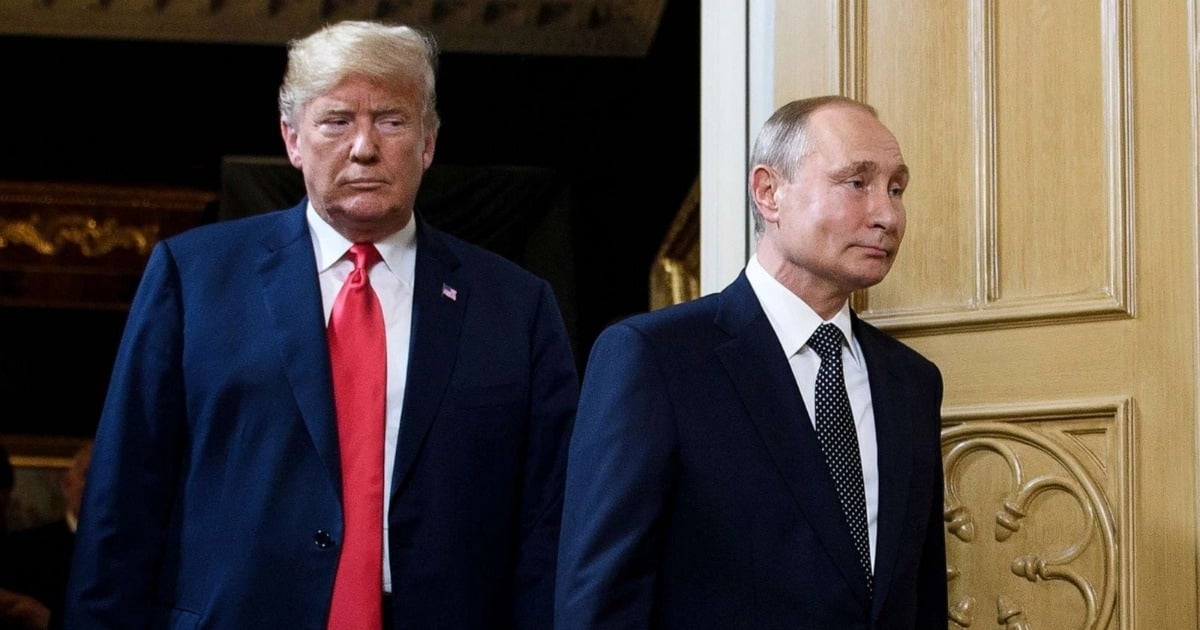

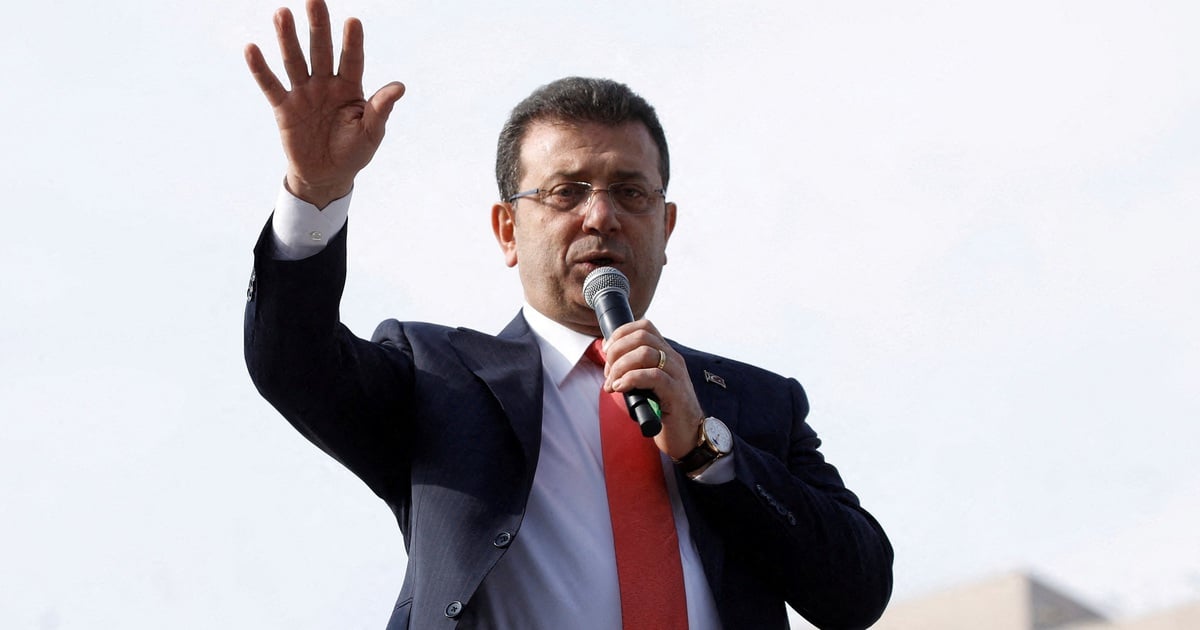

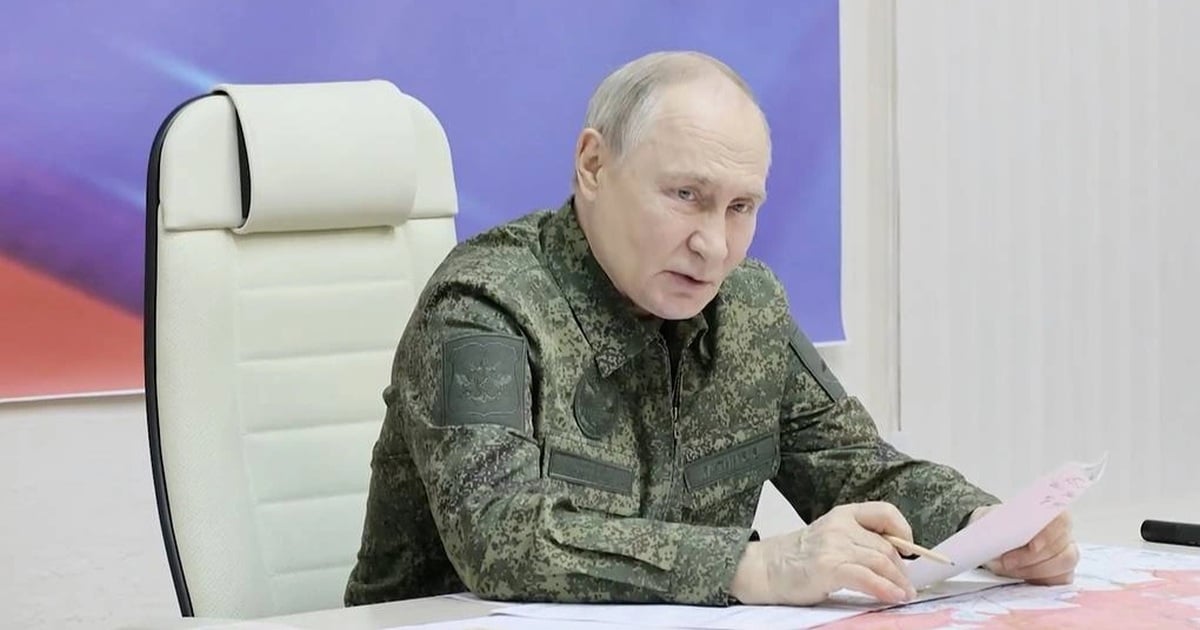
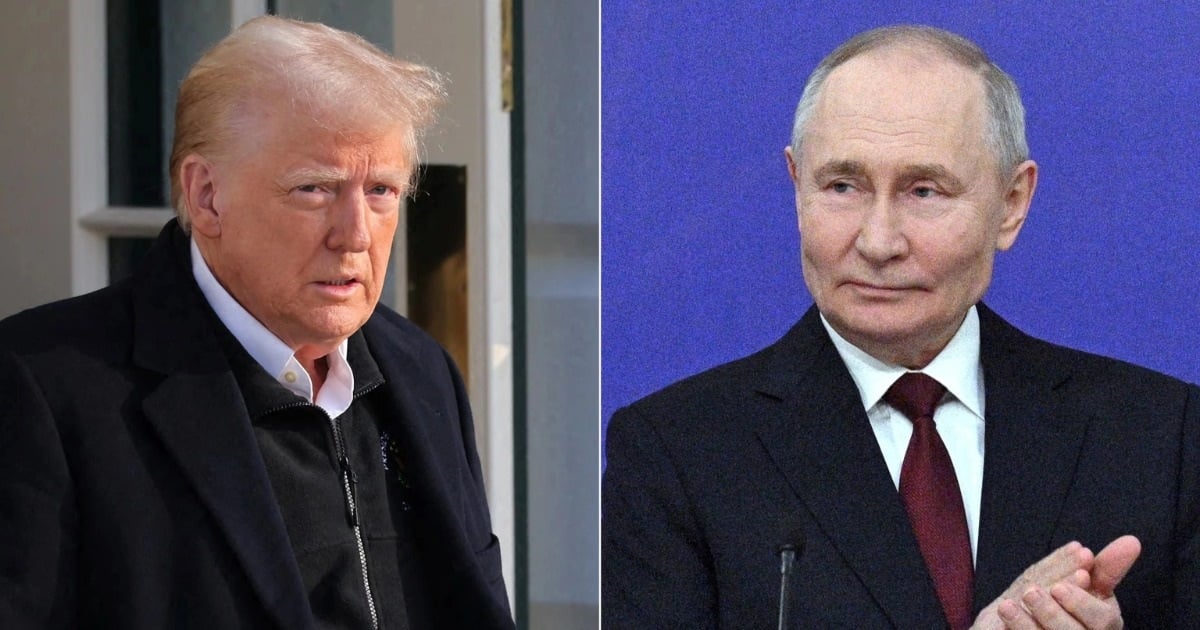
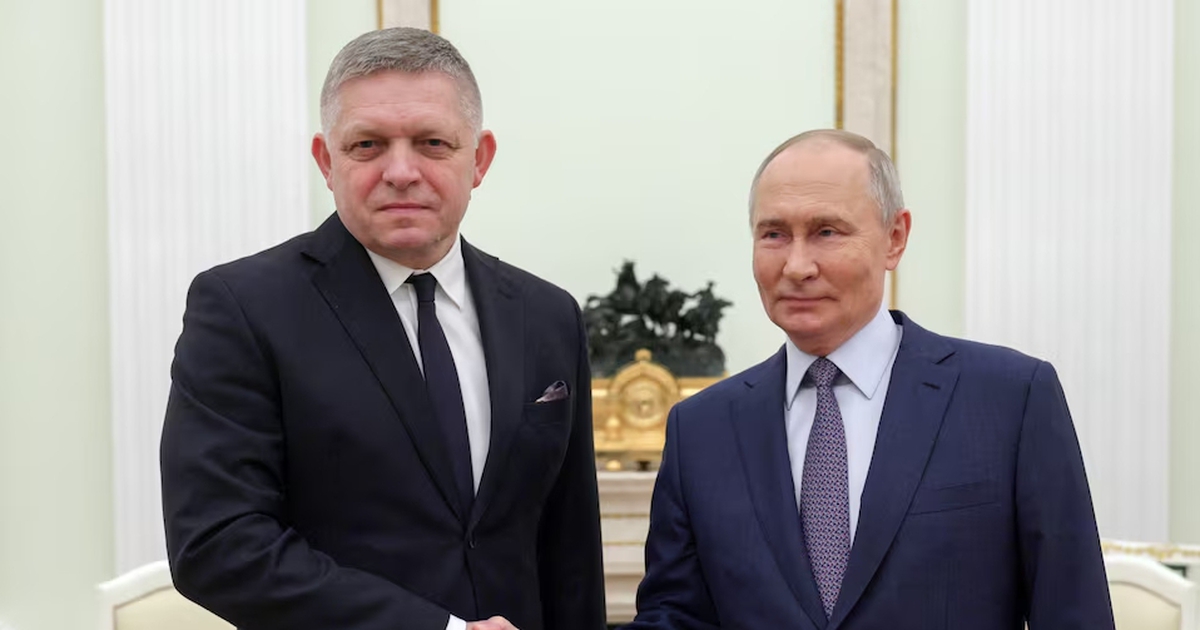
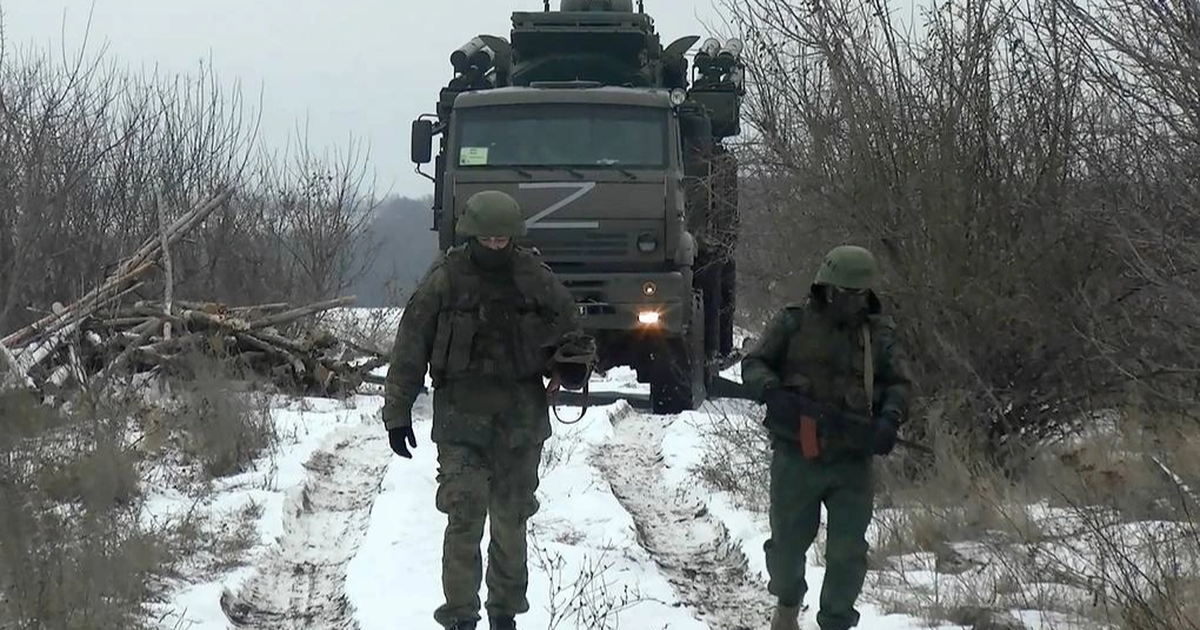



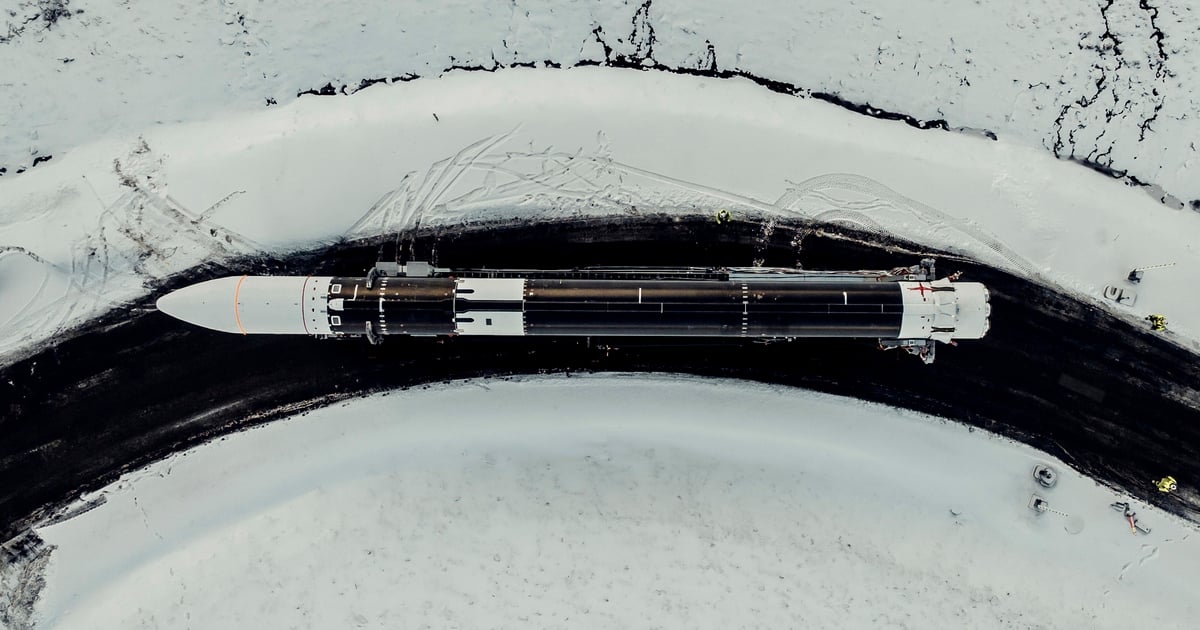
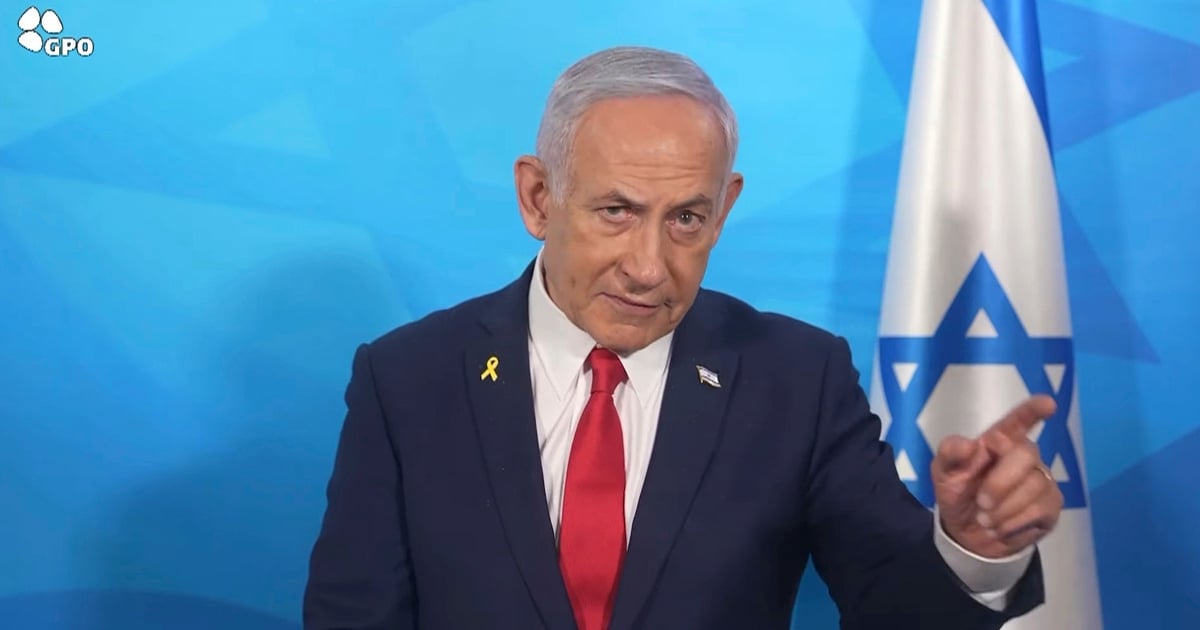
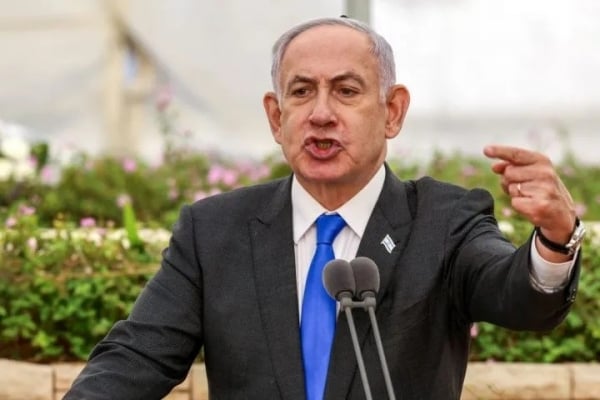








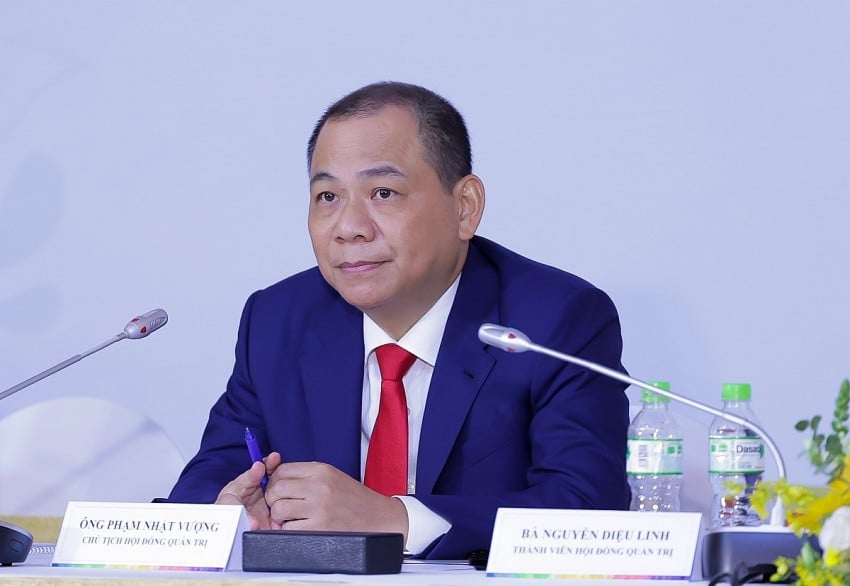
![[Photo] Prime Minister Pham Minh Chinh chairs meeting to remove difficulties for projects](https://vstatic.vietnam.vn/vietnam/resource/IMAGE/2025/3/30/7d354a396d4e4699adc2ccc0d44fbd4f)
















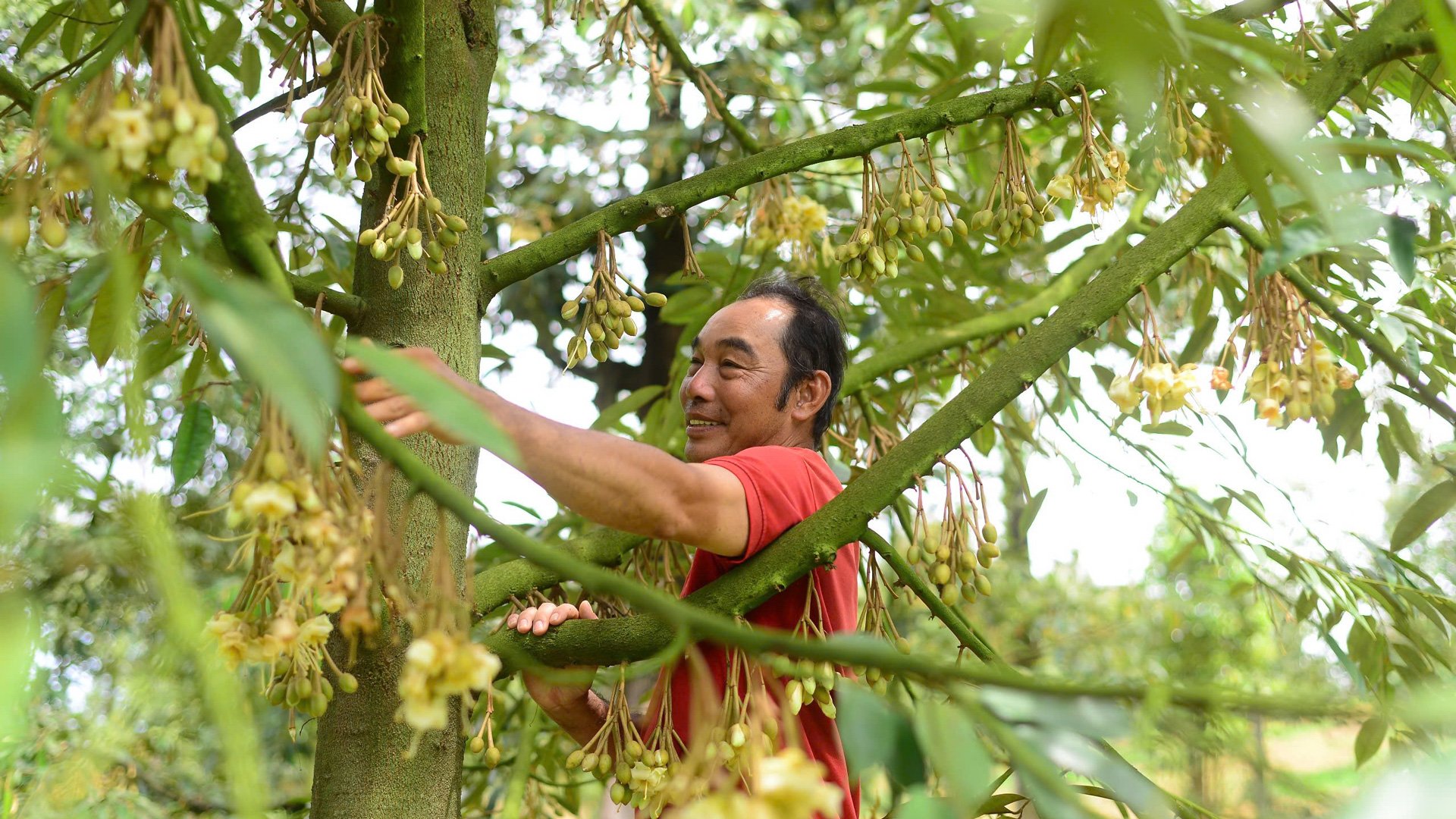















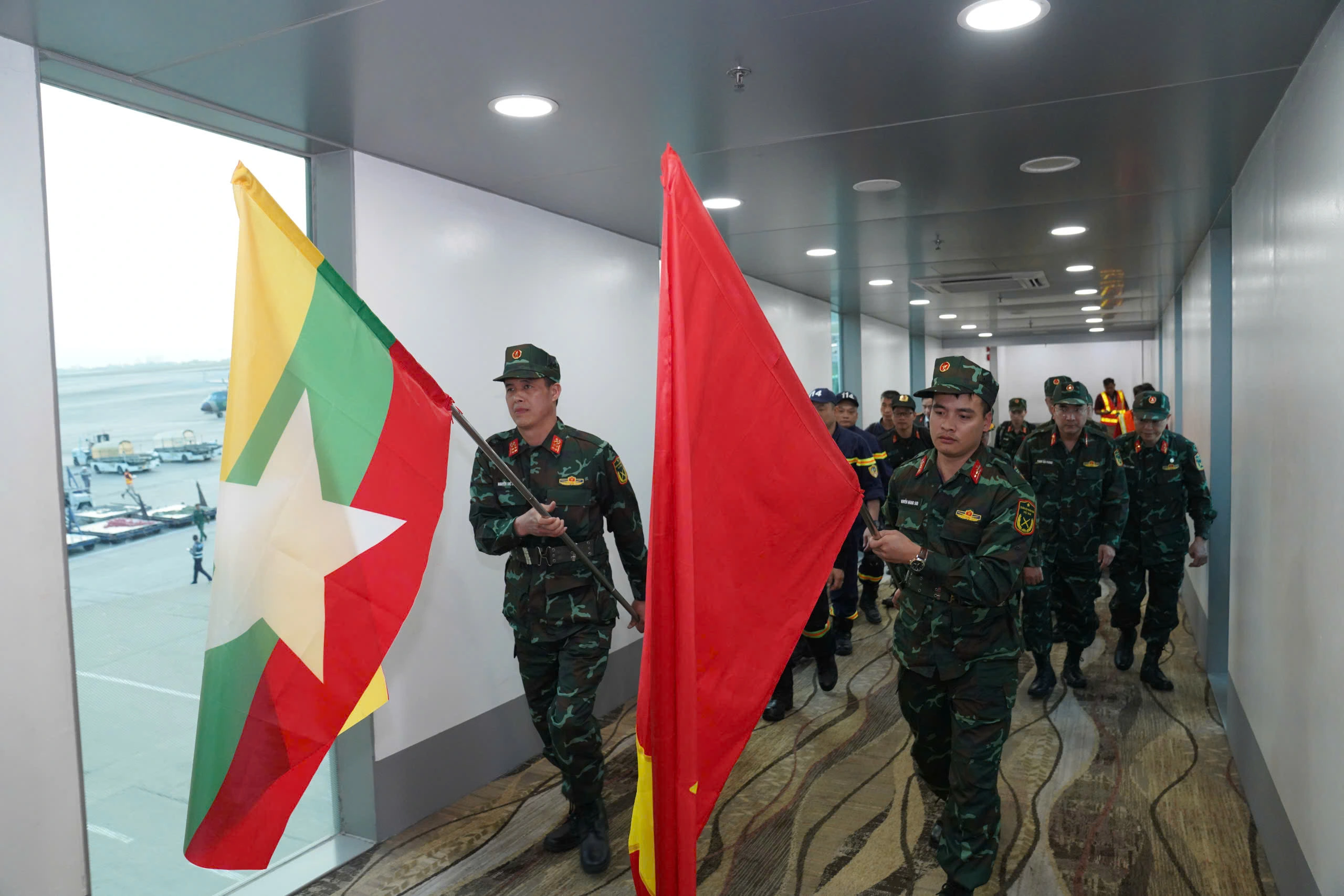


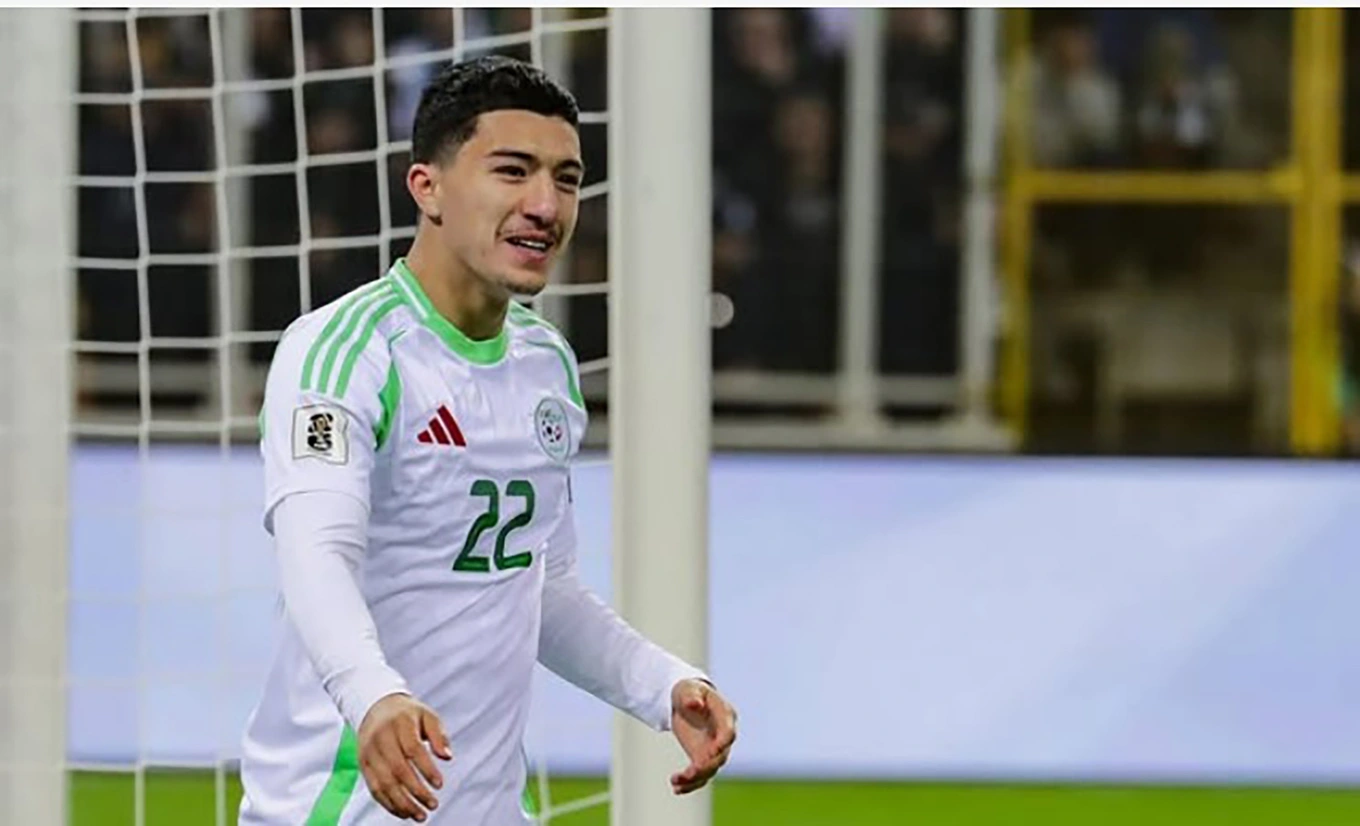


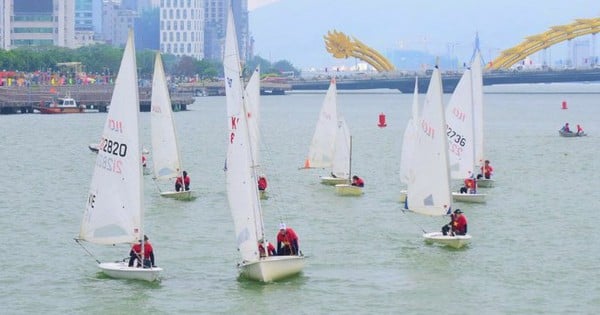

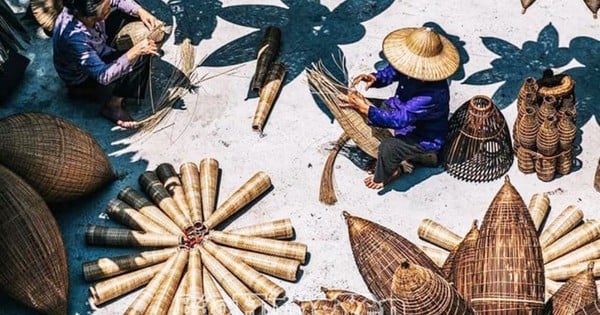


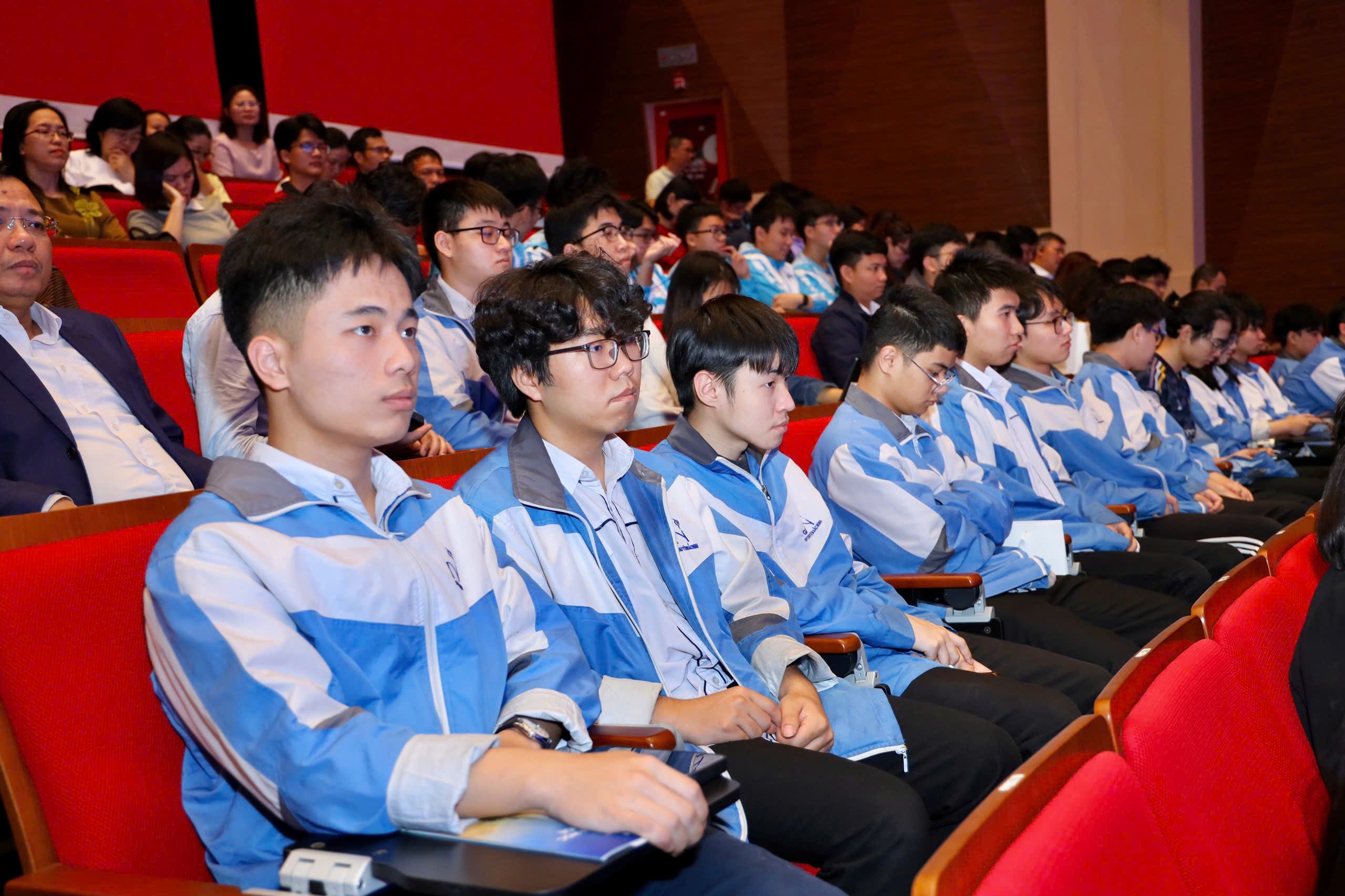

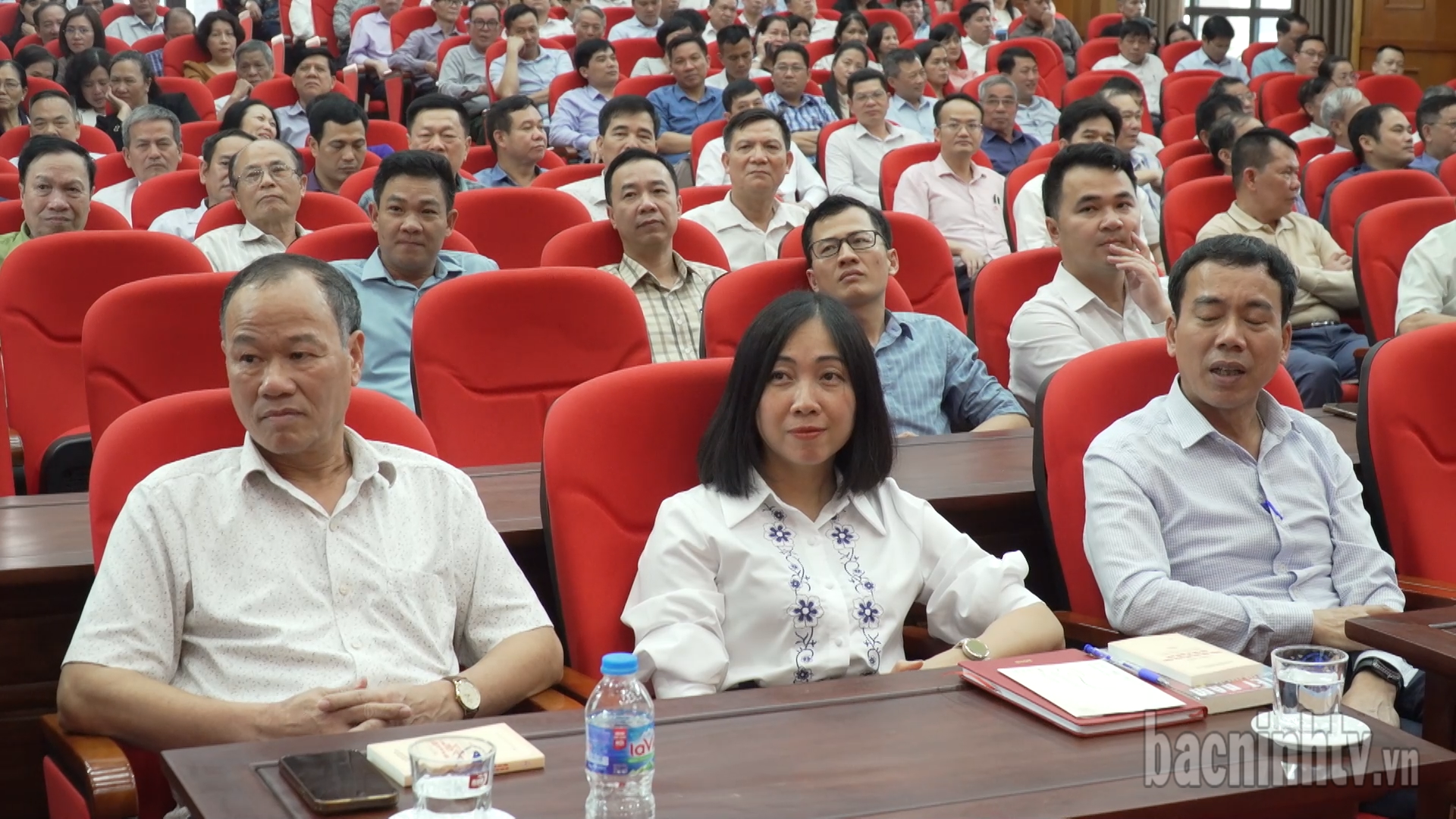






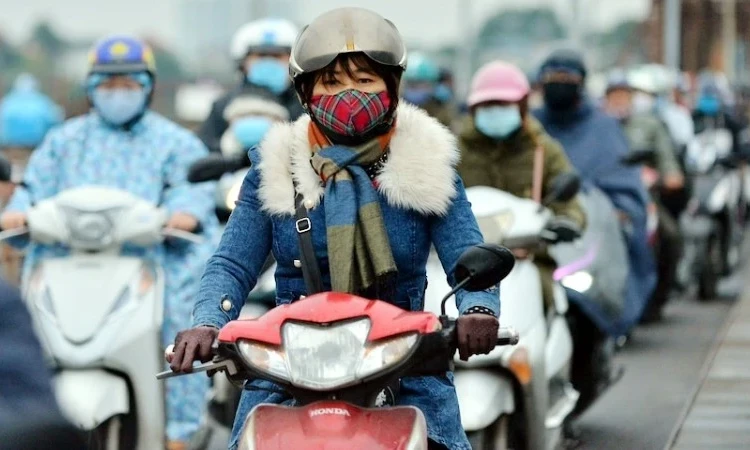











![[REVIEW OCOP] An Lanh Huong Vet Yen Cat](https://vstatic.vietnam.vn/vietnam/resource/IMAGE/2025/3/27/c25032328e9a47be9991d5be7c0cad8c)



Comment (0)